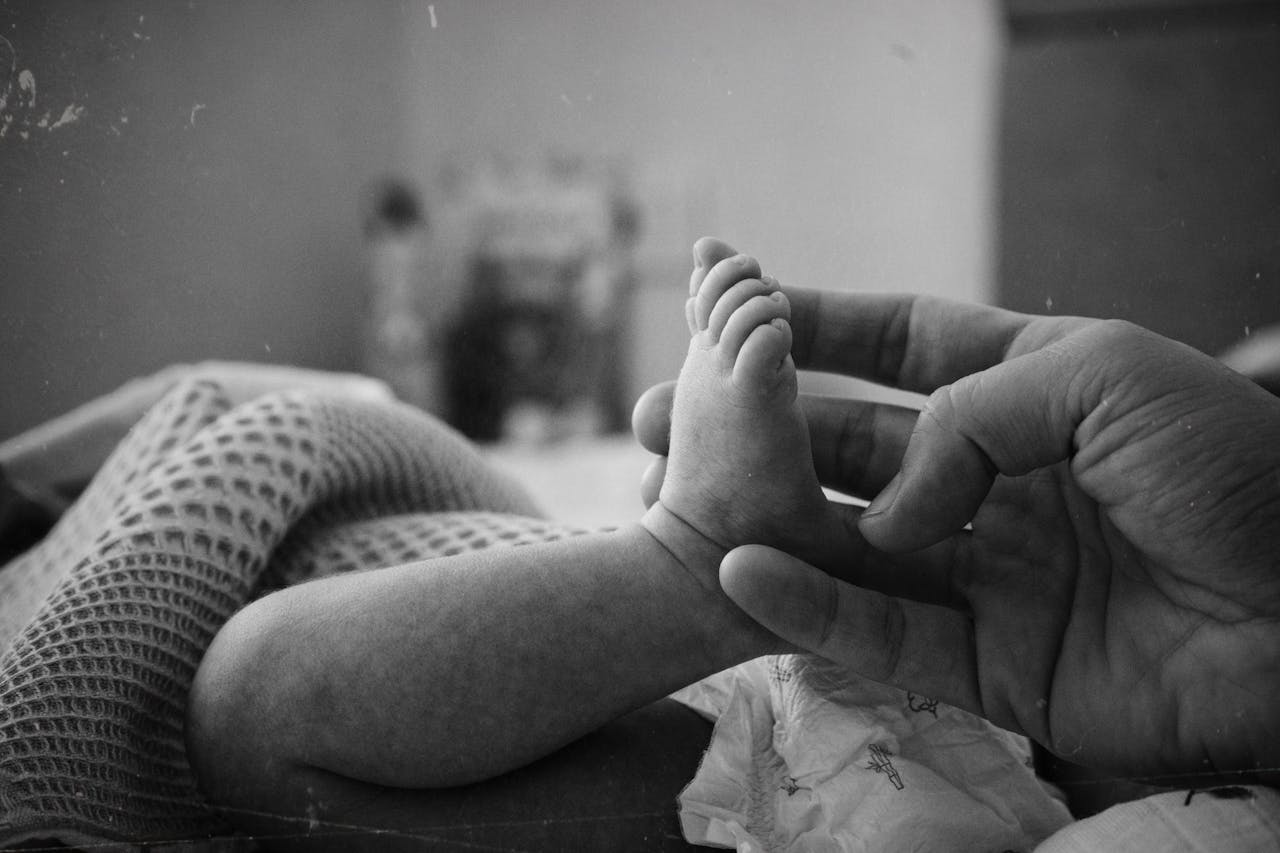Motherhood is often painted as a time of pure joy and fulfillment. Yet, for many new moms, it can also be a period of overwhelming emotions and unexpected challenges. One of the most significant hurdles some face is postpartum depression (PPD). This condition affects countless women worldwide, impacting not only their mental health but also their ability to connect with their newborns. In this blog post, we’ll explore the intricacies of postpartum depression, offering insights into its symptoms, underlying factors, and ways to seek help. Whether you’re a new mom, a mental health advocate, or someone close to a young mother, understanding PPD is essential in providing the support and empathy needed during this vulnerable time.
Introduction to Postpartum Depression
Postpartum depression is a complex and often misunderstood condition that impacts a new mother’s mental health during what many expect to be a joyous period. While it’s normal to experience the “baby blues” shortly after childbirth, characterized by mood swings and feelings of anxiety, PPD is more severe and long-lasting. This treatable condition can start within the first few weeks after delivery or even up to a year later.
Recognizing that postpartum depression is not a reflection of one’s abilities as a mother is crucial. It’s a medical condition that requires understanding and treatment, much like any other ailment. The stigma surrounding mental health, particularly in the context of motherhood, can prevent many women from seeking the help they need. By shedding light on PPD, we hope to encourage open discussions and empower women to prioritize their mental well-being.
The prevalence of postpartum depression underscores the importance of awareness among new moms and their support networks. With approximately 1 in 7 women experiencing PPD, knowing the signs and symptoms is a critical step toward early intervention and effective treatment.
Understanding the Impact of PPD on a New Mother’s Mental Health
The impact of postpartum depression on a new mother’s mental health can be profound and far-reaching. The emotional strain of PPD can interfere with a woman’s ability to care for herself and her baby, contributing to a sense of inadequacy and failure. This, in turn, can exacerbate feelings of depression, creating a challenging loop to break.
PPD can affect the mother-infant bond, which is vital for the baby’s development. When a mother is grappling with depression, she may find it difficult to engage in the nurturing interactions that promote secure attachment. This can lead to further stress and feelings of guilt, deepening the cycle of depression.
Furthermore, the impact of PPD isn’t limited to mental health. Physical symptoms, such as changes in appetite and sleep disturbances, can arise and worsen the mother’s overall well-being. These symptoms can make it difficult for new moms to enjoy and engage in activities, affecting their quality of life and their relationships with family and friends.
Factors that Contribute to PPD
Several factors can contribute to the onset of postpartum depression, including biological, psychological, and social elements. Hormonal changes after childbirth, such as a rapid drop in estrogen and progesterone, can trigger depressive symptoms. These biological shifts are normal but can have significant effects on mood and emotional stability.
Psychological factors, including a history of depression or anxiety, can increase the risk of developing PPD. The pressure to be a “perfect” mom, combined with the significant life changes and added responsibilities, can heighten feelings of stress and inadequacy.
Social factors also play a crucial role in the development of PPD. Lack of support from partners, family, or friends can leave new moms feeling isolated and overwhelmed. The societal expectation to effortlessly transition into motherhood can add to the pressure, making it difficult for women to express their struggles or seek help.
Importance of Self-Care and Mental Health Awareness for New Moms
Self-care is a critical component of managing postpartum depression and maintaining mental health for new moms. Prioritizing self-care doesn’t mean neglecting the needs of the baby; instead, it’s about finding a balance that allows mothers to recharge and foster their well-being.
Simple practices, such as ensuring adequate rest, eating nutritious meals, and engaging in physical activity, can make a significant difference. Setting aside time for oneself, even if it’s just a few minutes a day, can help reduce stress and improve mood.
Raising awareness about the importance of mental health for new moms can help combat the stigma associated with seeking help. Encouraging open conversations about PPD and mental health can create a supportive environment where women feel comfortable reaching out for assistance.
How Family and Friends Can Support Women with PPD
The role of family and friends in supporting women with postpartum depression cannot be understated. Providing a listening ear and offering non-judgmental support can make a world of difference for a new mom struggling with PPD.
Active engagement in caregiving responsibilities, such as feeding, diaper changes, or allowing the mother some alone time, can alleviate the burden she may feel. It’s essential for loved ones to communicate openly and encourage the new mom to express her feelings and emotions.
Educating themselves about PPD can also empower family and friends to offer more informed support. Understanding that it’s a treatable condition and encouraging the mother to seek professional help can lead to a quicker recovery and a strengthened support network.
Conclusion Encouraging Open Conversations and Seeking Help for PPD
Postpartum depression is not a reflection of personal failure or inadequacy. It’s a treatable condition that requires empathy, understanding, and intervention. For new moms, recognizing the symptoms and seeking help is a vital step toward recovery. For the support network surrounding them, providing compassionate and informed assistance can significantly impact a mother’s mental health and well-being.
Encouraging open conversations about PPD can break the stigma and create a supportive community where new moms feel empowered to prioritize their mental health. If you or someone you know is experiencing symptoms of postpartum depression, reaching out to healthcare professionals or support groups can be the first step toward healing.
Remember, you’re not alone on this journey. There are resources and people ready to support you every step of the way.







